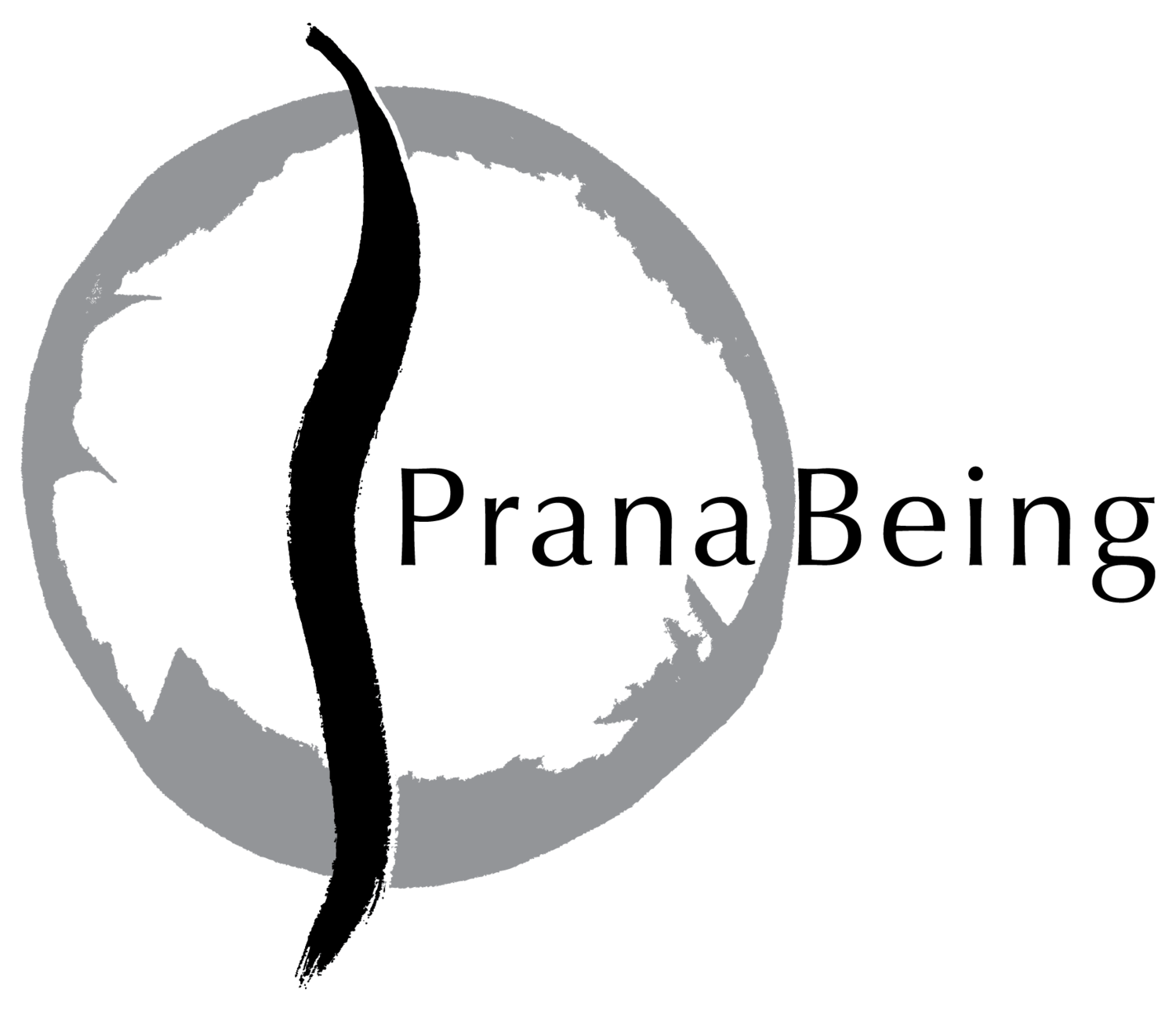
Exploring the workings of health, harmony, integration, and liberation.
Something You Do Every Day
Here is a practical, simple, and powerful experiment to support your health.
Notice how you eat. That’s right. I said “how.”
Become aware of whether you are wolfing, nibbling or shoveling.
Do you take time to see, smell, and taste your food? Do you ever give thanks for or bless your food?
Are you reading/listening/watching/getting up intermittently to do chores while you are eating?
Are you eating while driving or commuting?
Do you eat when you are hungry (or when you’re not really hungry)?
Do you wait until long after you have been hungry to finally eat?
Where are you eating? What kind of environment is it (loud or quiet, chaotic or serene)?
Are you having difficult or disturbing conversations or laughing a lot while you eat?
Are you eating to reward yourself? Or to punish yourself?
What is your emotional state and what are the thoughts in your mind?
What do you do right after you eat?
Become a curious observer and notice the qualities of your eating environment, temperament, methodology. Set aside for a moment the fixation on what you are eating and for the next week just focus on how you are eating.
The key here is acutely attentive self-observation without judgment. Be scientific, unbiased. Simply observe and see if you can discover habits and behaviors that you may not have been totally conscious of before. This is self-empowerment. If you jump right into making yourself wrong, you will never feel safe enough to become conscious of what you are doing.
Take five minutes over the course of the next week to jot down or voice record your observations. Self-study is made much more powerful by getting the insights out of your head where you can see or hear them.
What are the predominant qualities you notice in regards to how you eat?
Do you notice these same qualities in other things you do besides eating?
How are these qualities influencing the way you feel throughout the day?
These qualities are important clues that will help you to modulate your health. Leave a comment and share what you discover.
Inputs
Ayurveda asserts that one of the three pillars of health is aahara, inputs. This is commonly translated as “food.” But inputs actually comprise much more than what we put in our mouths. Inputs include food, water, breath, and perceptions.
Consider that everything we take in physically, through sensory experience as well as through the mind, is an input to our system. Every input is subject to the process of digestion.
These two factors—the inputs, and the capacity to digest—determine the outputs.
Outputs include body tissues, thoughts, emotions, and actions.
When you want to make any change in your health, relationships, or your capacity to perform action, look to your inputs.
What are you taking in as food, water, breath and perceptions? How is it supporting or undermining you?
If you want to learn more about how to optimize your inputs toward actualizing your desired outputs, consider inquiring about an Ayurvedic Health Consultation.
Leave a comment below: what inputs are supporting you? Which ones are undermining you? Can you see how your inputs are connected to the quality of your body tissues, mental and emotional default, and your capacity to perform action?
